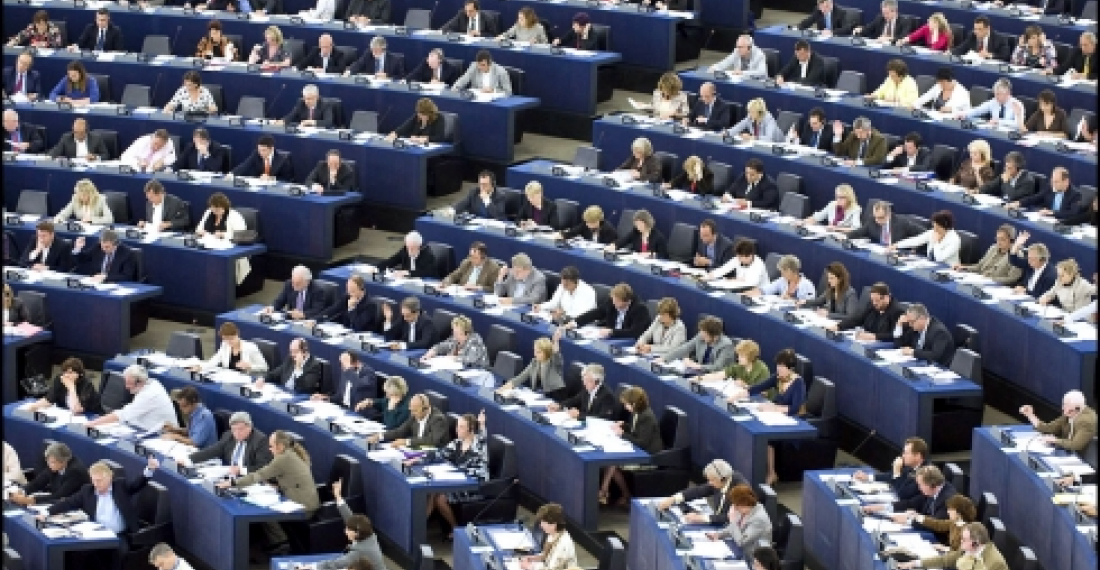There has been a generally positive reaction to the two resolutions adopted on Wednesday on the future of relations between the European Parliament and Armenia and Azerbaijan. The resolutions highlight in unambiguous terms the necessity of conditionality in the areas of human rights and democratic reforms. They also connect future progress in these relations with progress in the resolution of the Nagorno-Karabakh conflict.
On Thursday the spokesman of the Azerbaijani Foreign Ministry Elman Abdullaev described the resolutions as an “achievement of our diplomacy“. According to Abdullayev, the resolutions are a “historically important document for Azerbaijan” because they reflect the view of the international community that Armenia must end its occupation of Azerbaijani territory.
Opposition activists in Azerbaijan also hailed the resolutions in posts on blogs and facebook in the last forty eight hours. They particularly welcomed the emphasise on human rıights and democratic reforms in the resolutions.
In Brussels the Armenian lobbying group, European Friends of Armenia (EuForA) in a press release stated that it “hails that the EP prevailed its core values for the Eastern Partnership, especially on a continued democratisation and a balanced approach to the Nagorno-Karabakh conflict. The report is particularly supportive for Armenia but also reminds of the remaining homework.“ EuFoA Secretary General Dr Michael Kambeck added that "The reports are very supportive and they also contain some new positive aspects for Armenia. The EP clearly acknowledges that Armenia has become more European and calls for more EU assistance for this process."
In a general comment, the Head of the European Union Delegation to Azerbaijan, Ambassador Roland Kobia affirmed that the EU had " a positive approach to Azerbaijan, but Azerbaijan must respond too", according to APA.
Commonspace.eu political editor said in a comment ”the two resolutions outline the parameters in which the EU will conduct negotiations with Armenia and Azerbaijan on the Association Agreements and leave nobody in any doubt that human rights and democratic reforms are the values that must guide these negotiations, and that there is a linkage between progress in the resolution of the Karabakh conflict and further engagement with the two countries. The EU institutions are obliged to be guided by these opinions. Both Armenia and Azerbaijan have reason to be pleased with the resolutions, for different reasons, but it is now important that they also look at them in their totality and not selectively. This is an important and exciting time in the relations between the EU and the South Caucasus and all sides must build on this momentum and turn it into concrete action.”
The full text of the European Parliament resolution on Azerbaijan in English ıs available here
The full text of the European Parliament resolution on Armenia is available here
source: commonspace.eu with APA, EuForA and the Press Servıice of the European Parliament







